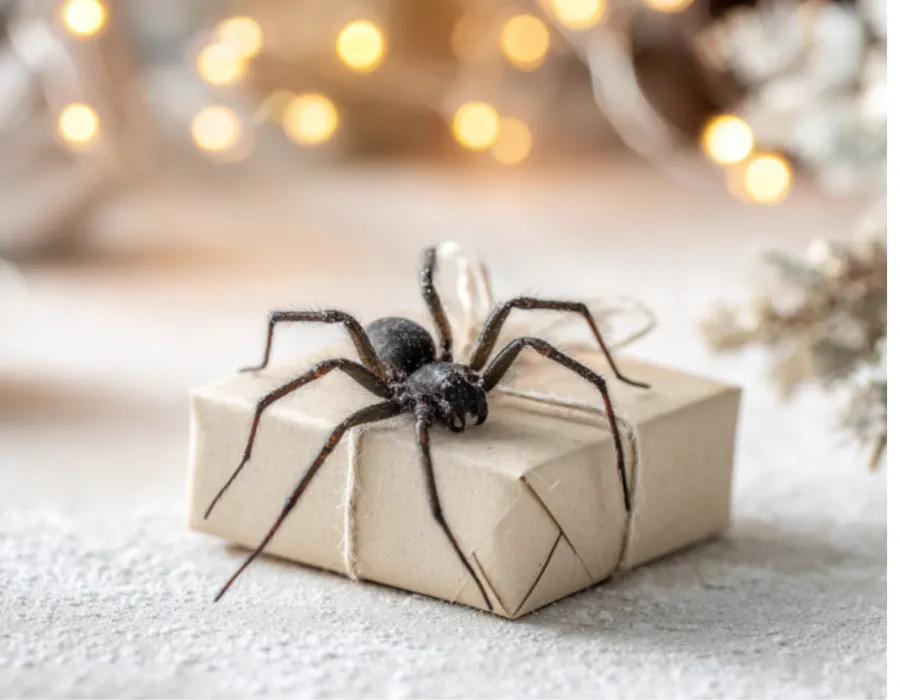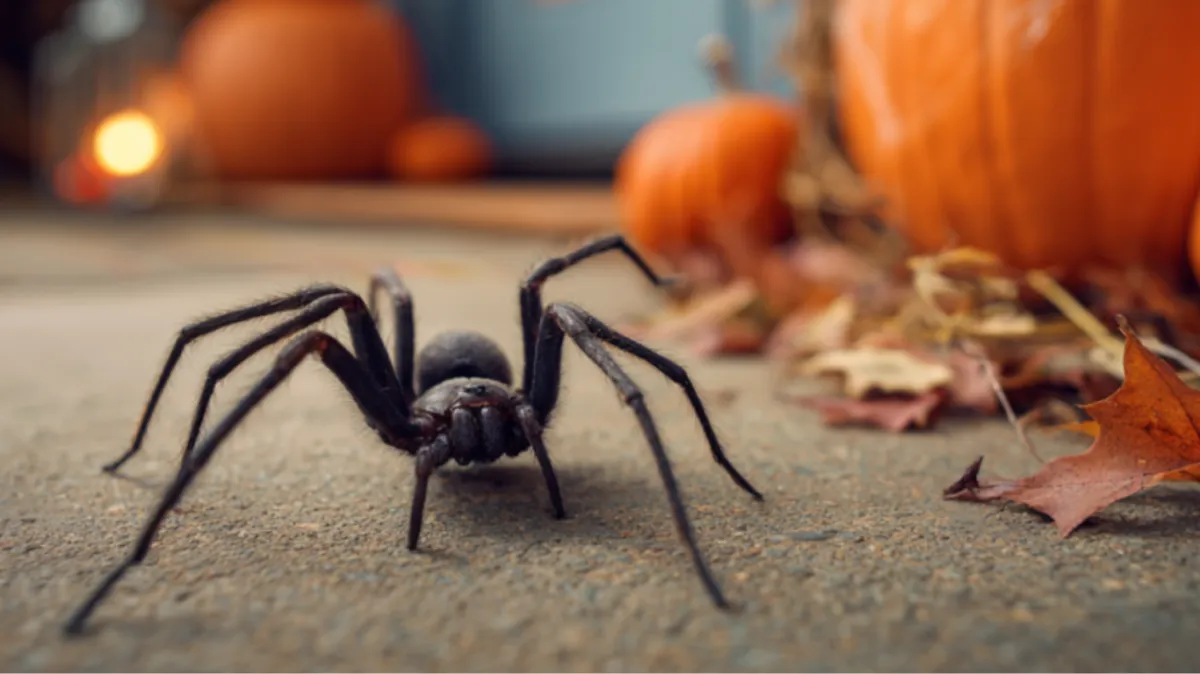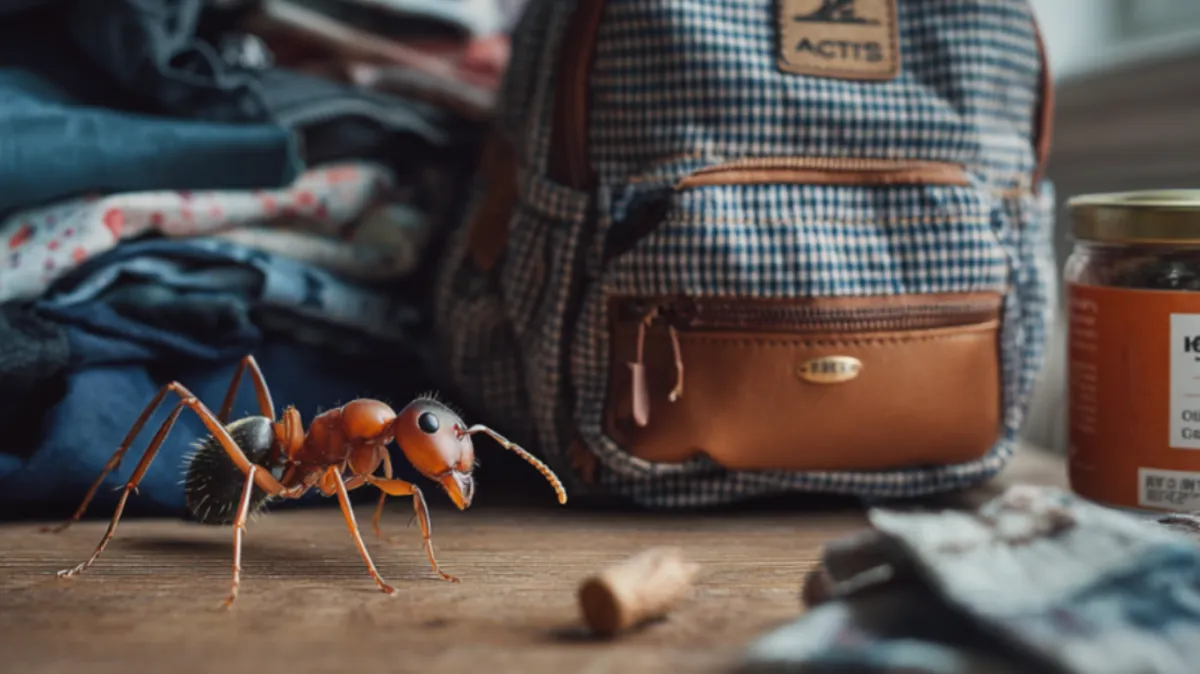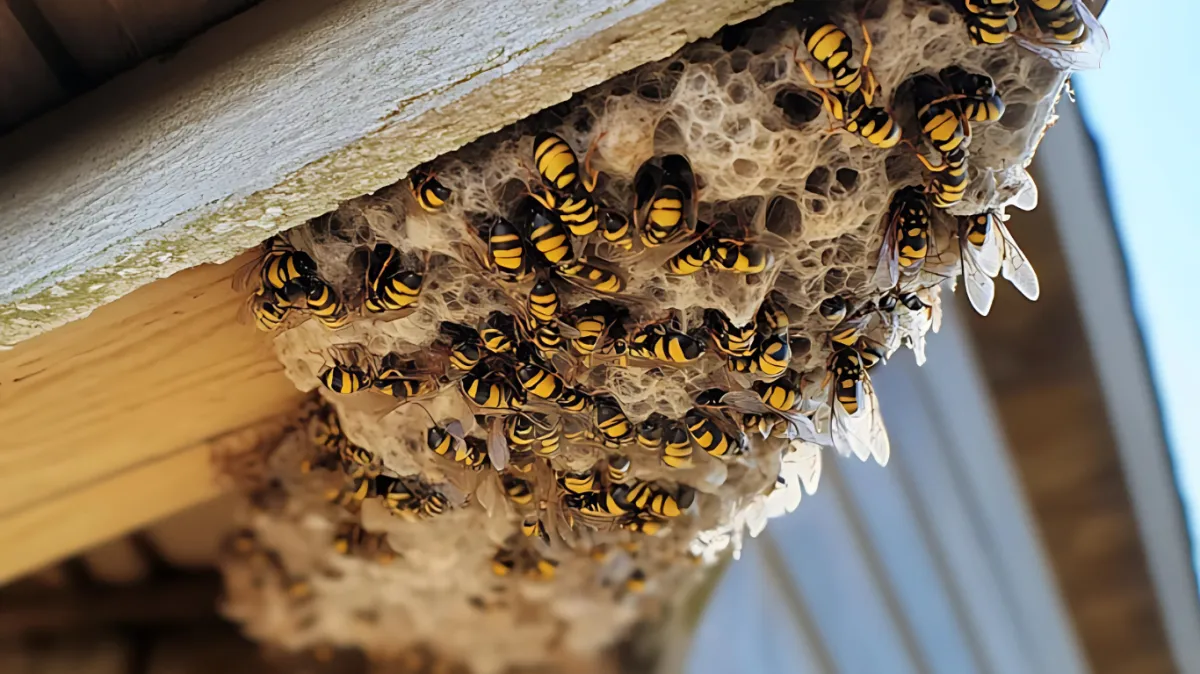Victoria Homeowners’ Pre-Holiday Pest Checklist
Published on: 01/11/2025
Get your Victoria, BC home ready for a pest-free holiday season with Pest in the City’s comprehensive checklist to seal entry points, protect kitchens, and tidy storage areas before winter pests move in.
Pest in the City Blog



